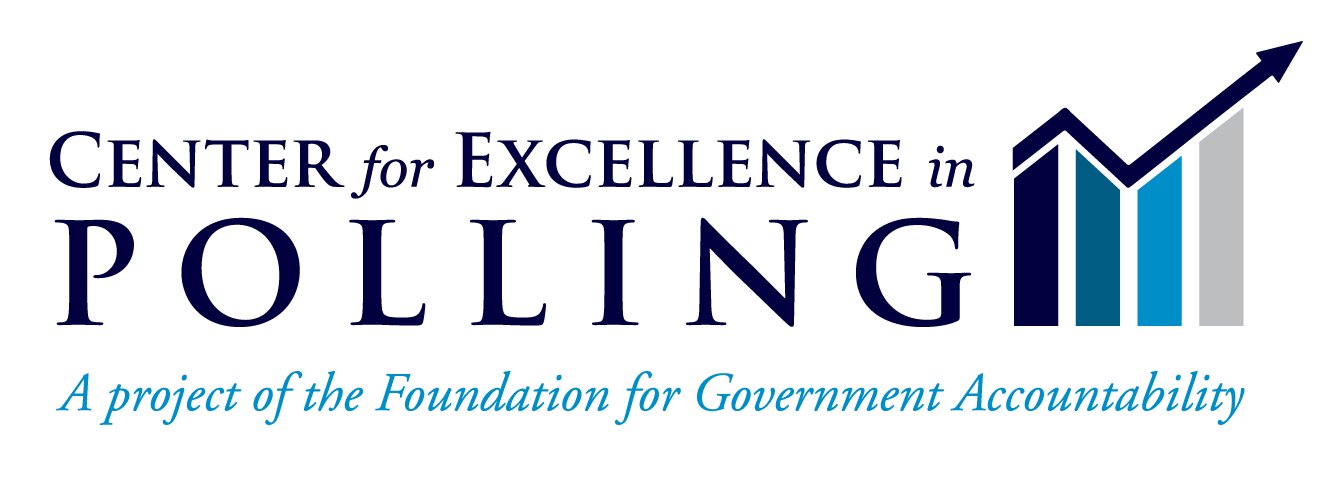Publication date: February 11, 2022
Written by: Stefani Buhajla
The Center for Excellence in Polling recently surveyed likely Iowa voters on important issues in the state such as licensing reform, unemployment insurance, and welfare programs. The results indicate that Iowans support reforms that will remove barriers to work for licensed professionals in the state, and reforms that will ensure welfare program resources are preserved for the truly needy.
Iowans support removing licensing barriers
When it comes to occupational licensing reform, there is significant support for removing barriers to success for licensed professionals.
More than half of all voters support requiring the state to conduct regular reviews of new and existing occupational licensing laws to determine whether they are helpful and necessary (51%). Notably, this reform has more support from Democrats (55%) than Republicans (51%) and Independents (47%).
Iowans also support allowing individuals to count work experience toward occupational licensing requirements (59%). This includes more than half of all Democrats (56%) and a majority of Republicans (58%) and Independents (63%). A similar margin of support across all parties indicates opportunity for reform in this area.
Voters favor unemployment programs that get Iowans back to work
Iowa voters want fairness and efficiency in unemployment programs. There is broad support for reforms that ensure program integrity and prevent abuse of the system.
52%
…of all likely voters support requiring businesses to report job applicants who are collecting, or are suspected of collecting, unemployment benefits when they refuse an offer for suitable work.
59%
…of all likely voters support requiring state welfare agencies to share information with unemployment agencies to ensure those receiving unemployment benefits are truly eligible. This includes more than half of all Independents (57%) and a plurality of Democrats (45%).
Establishing resources that help people find suitable work is not a heavily partisan issue in the state. More than half of all voters support requiring the state to establish a mandatory job referral system that connects unemployed job seekers with businesses that are hiring (62%). This includes half of all Democrats (50%) and more than half of all Independents (61%). The marked openness among voters to such a job referral system presents an opportunity for collaboration among all political parties on this issue.
Iowans are softly divided along party lines when it comes to unemployment indexing, but there are still opportunities in this area. Less than half of all voters would support increasing the amount of time individuals may remain on unemployment—even when the unemployment rate is high and fewer jobs are available. But nearly 50% support reducing the amount of time individuals may remain on unemployment when the unemployment rate is low and there are plenty of jobs available.
Data shows that each of the political parties supports different aspects of indexing. There is an opportunity to educate the public and lawmakers on the benefits of the reform, and how it can improve the solvency of the program and protect it for the future.
Preserving the safety net matters to Iowa voters
Iowans favor keeping welfare programs strong and safe from fraud and abuse to ensure that resources in this safety net are available for the truly needy. There is especially broad support for measures that double-check eligibility.
64%
…of all likely voters support requiring able-bodied, working-age adults with no dependents to work, train, or volunteer at least 20 hours per week as a condition of eligibility for food stamps. This includes nearly half of all Democrats (49%) and a majority of Independents (60%).
There is also marked support among all voters for checking eligibility of people on welfare more frequently and with better technology to ensure those receiving benefits are truly eligible (70%). This includes more than half of all Democrats (53%). Further, a majority of all likely voters support requiring the state to verify whether an individual is truly eligible for food stamps rather than extending automatic approvals (62%).
